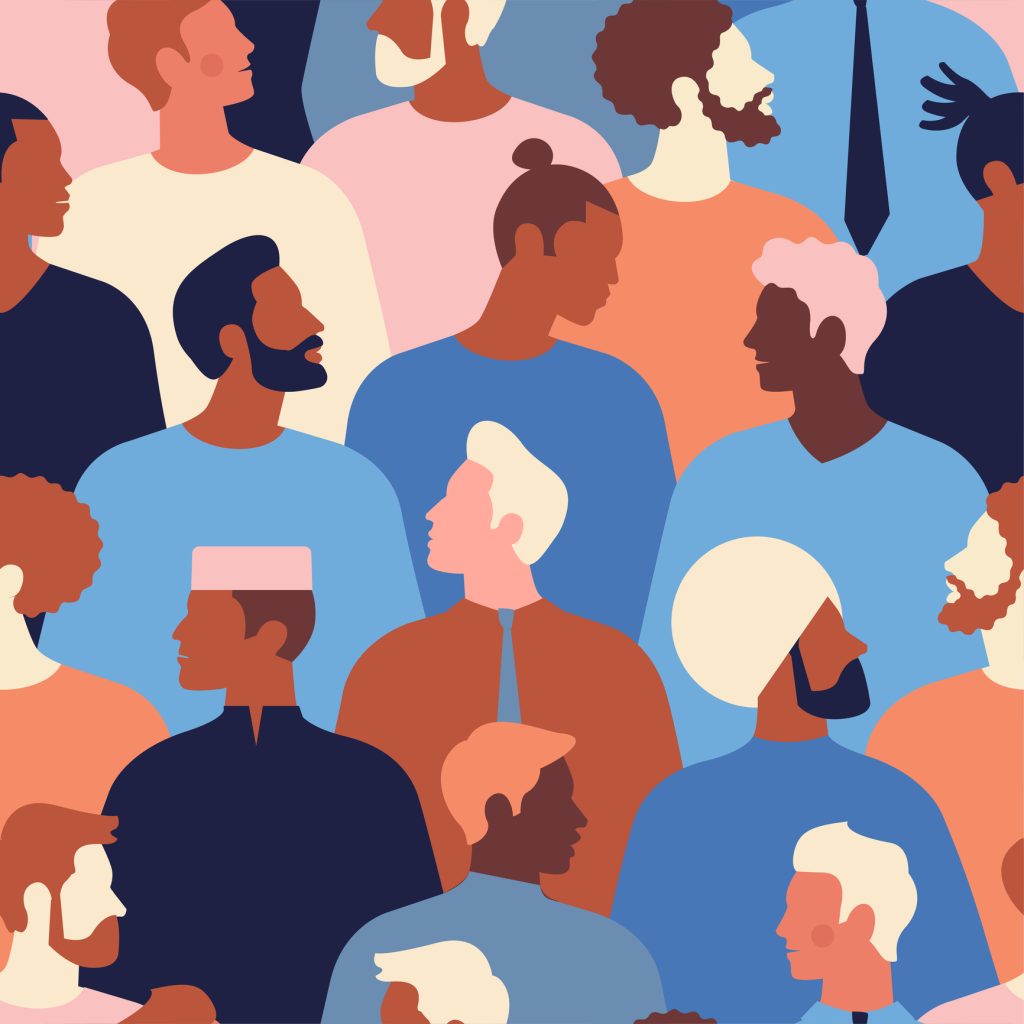My name is Craig
“If there was anything that I could send out to the world, you know, don’t let the stigma hold you back. If you need help, get help. It’s there, and at the end of the day, when you go home, you will be better.”
Craig’s StoryMy name is Gretchen
“Life gets so much better when you’re not constantly worrying about food, your weight, or what you’re going to eat, and you’re able to put that time and energy into a fulfilling life.”
Gretchen’s StoryMy name is Fernando
“I remember thinking I don’t know how but I know I’m gonna get better and even though I was still suffering a lot there was like a little ray of hope.”
Fernando’s StoryMy name is Rachel
"I started to realize that I was strong and I was smart and I was capable. The moment you start to believe that about yourself, other people see it too."
Rachel’s StoryMy name is Steve
“It’s not a DIY project, mental health and behavioral health. You do need outside help a lot of times.”
Steve's StoryMy name is Autumn
"People don’t understand, it’s not a character flaw, it’s not a choice. I am a human being with goals, dreams, thoughts, aspirations."
Autumn's StoryMy Name is Jordan
“It was one of the hardest things I’ve had to do in my life … I don’t know where I would be without the people I met, without the help I got.”
Jordan's StoryMy name is Tajuanna
“If you have mental health issues it will be okay. You will be okay.”
Tajuanna’s StoryUnderstand Stigma
Stigma is a major barrier to people struggling with mental health and substance use feeling included in their community and getting the help they need.
Upcoming WISE and Partner Events
Mar 24 & 26, 12:30 pm CST
Free Virtual Training
WISE
May 12 & 14, June 16 & 18, 12:30 pm CST
Virtual Training
WISE
May 21, 9:00 am CST
Free Virtual Training
WISE
Oct 13 & 15, Nov 17 & 19, 12:30 pm CST
Virtual Training
WISE
End Stigma Together: The WISE Approach

Stigma 101 Course
Stigma is a major barrier to people getting the help they need. Take time to learn what it is and how to overcome it.
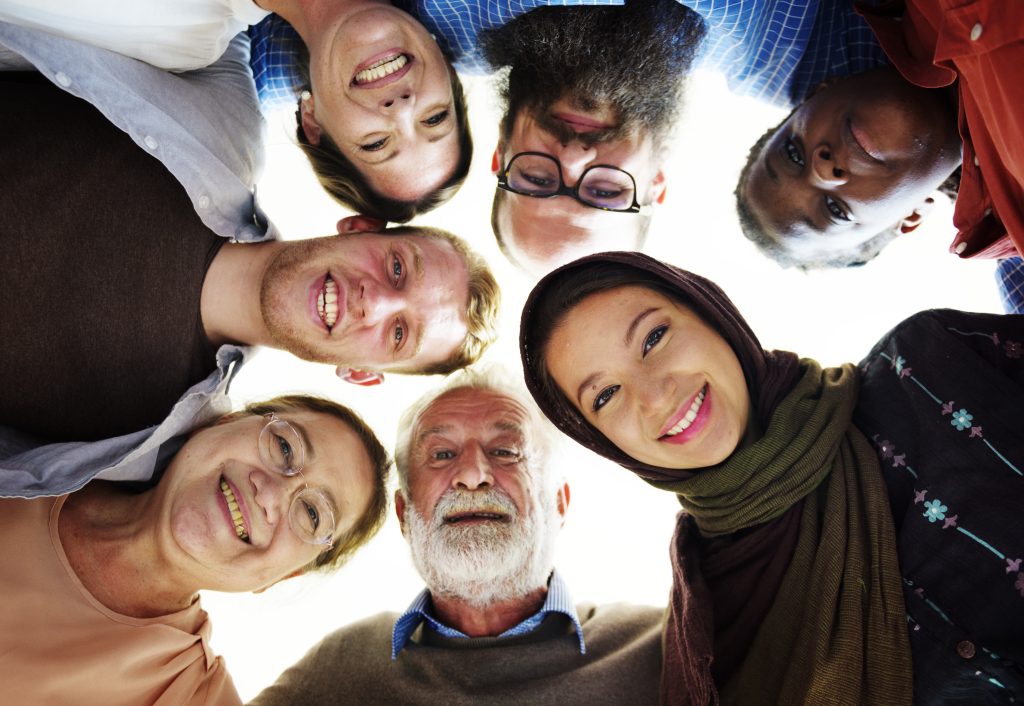
Up to Me/Up to Us
The Up to Me curriculum helps people make choices about if, when, and how they share their mental health and substance use struggles.
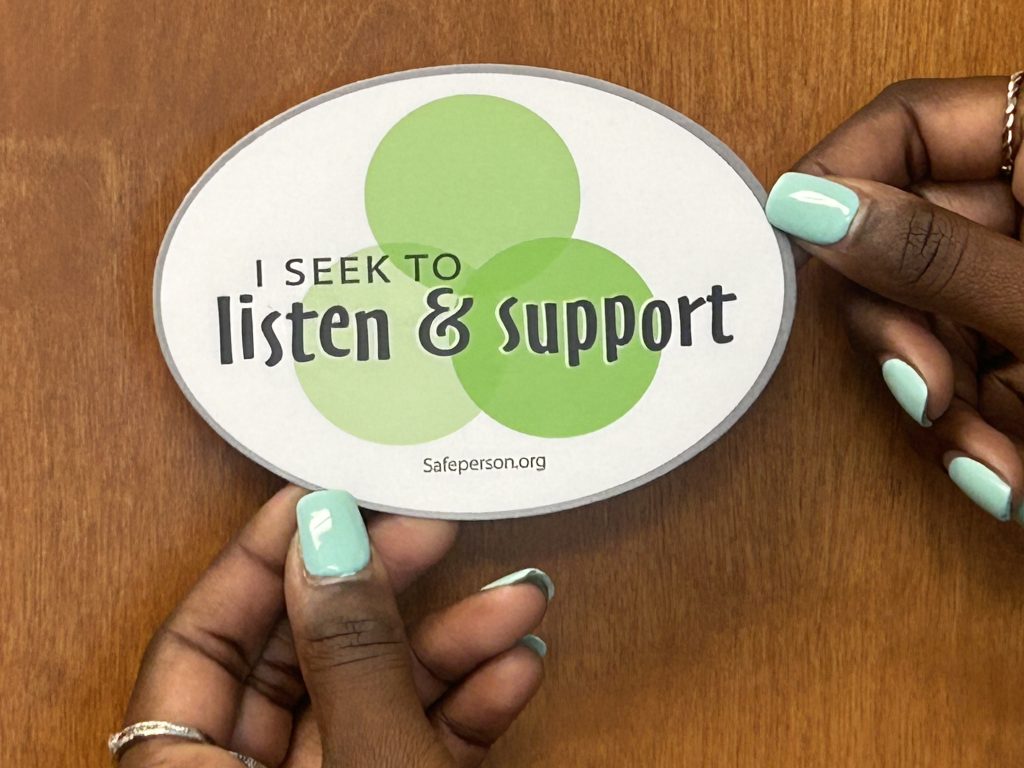
Safe Person 7 Promises
Learn how to respond in a supportive, non-judgmental way when people with mental health and other challenges are ready to share.
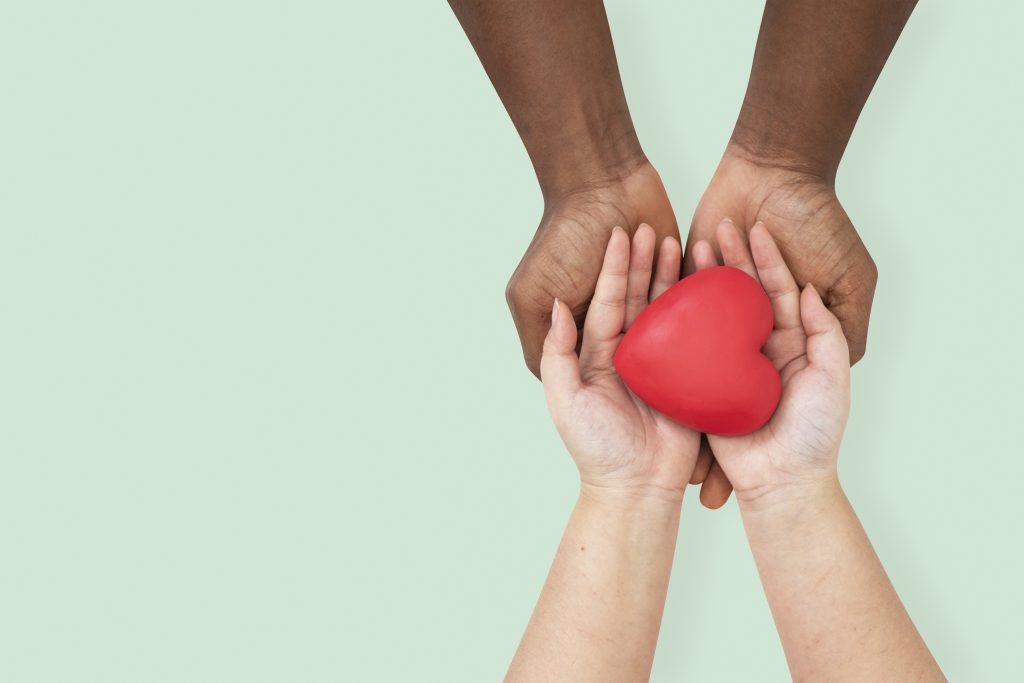
Compassion Resilience Toolkits
Facilitator resources for professionals and caregivers to prevent compassion fatigue.
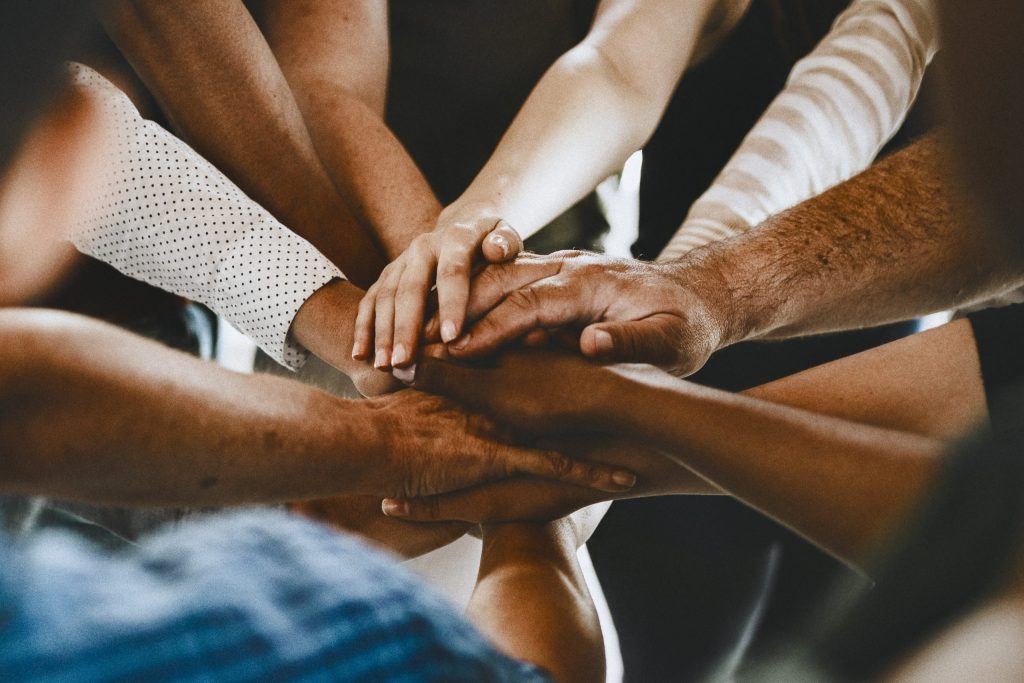
Get Involved
Become a partner and collaborate. Join with other organizations and individuals to work to reduce stigma.
Articles From WISE Experts
~World Health Organization
“Stigma is a major cause of discrimination and exclusion and it contributes to the abuse of human rights.”
~SAMHSA (Substance Abuse and Mental Health Services Administration)
“Substance use disorder is among the most stigmatized conditions in the US and around the world. People do not want to work with, be related to, or even see people with a substance use disorder in public..”
~Center for Addiction and Mental Health
“Health care providers, like the general public, are not immune to stigmatizing attitudes and practices. This can drive people away from seeking help for their mental health, physical health, or substance use issues.”


